How do you fertilize your vegetables? Do you pull a bag off the shelf? Feed them a steady diet of homemade compost?
Here’s how to give them what they really need…
In his latest book, The Intelligent Gardener: Growing Nutrient-Dense Food (New Society Publishers, 2013), Steve Solomon’s message is simple—How can you know what nutrients to add to your soil if you don’t know what your soil is lacking? And how can you know what your soil is lacking if you don’t get your soil tested?
Once you have the soil test results in hand, he explains exactly how to determine what minerals to add, so that your veggies end up as nutritious as they can possibly be. (Read my rant on what he says about compost.)
Solomon practices organic gardening, but he ruffles the feathers of some religiously organic backyard growers. He takes issue with those who believe that food grown without chemicals is automatically more nutritious (and flavorful) than food grown conventionally. “Our fundamental health problem, the basic bottom line, ” he says, “is not that there are pesticide residues in our foods; the real problem is that only residues of nutrition remain in them.”
Solomon found out the hard way that a seemingly healthy diet of mostly vegetables—all grown organically, by himself—can leave a person malnourished. Because his soil was lacking in phosphorus and calcium, his vegetables were, too—and so was his diet. He felt run-down a lot of the time, and his teeth actually began to get wobbly and fall out! Most of us who also garden on unbalanced soils will never experience this situation, because we only grow a small fraction of our own food. (Maybe one weak reason for trucking your food in from all over the globe?!)
So, I got my soil tested, did the math, and came up with a recipe to “remineralize” my vegetable garden for 2015. However, I began to have doubts. What if I made a mistake? Adding too much of one mineral or another can do some lasting damage to the soil.
Luckily, there is a wonderful website called Grow Abundant Gardens by Erica Reinheimer, with loads of additional information. For a fee, her site even does the calculations for you. (Reinheimer co-wrote The Intelligent Gardener with Solomon.) For less than 10 bucks, I had the prescription I needed. Following her directions, I spread 40 pounds of lime (my soil is outrageously acidic) now, in the fall. I’ll wait until spring to add seedmeal (she recommends feathermeal), soft rock phosphate, gypsum, kelp, bonemeal, and the rest.
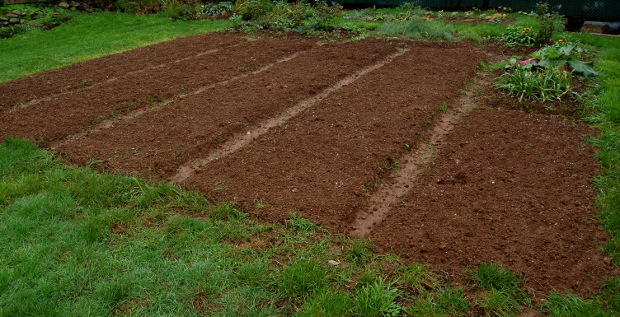
My veggies are going to be super-charged!

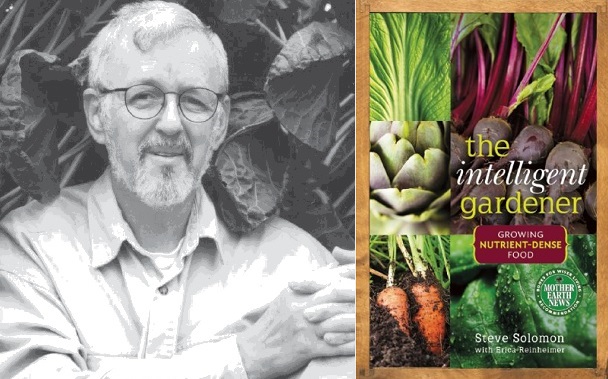
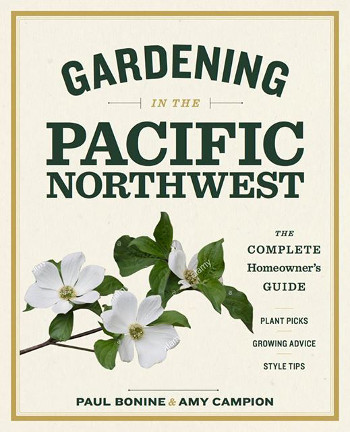
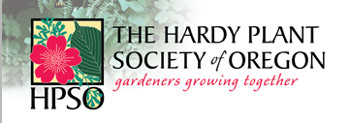
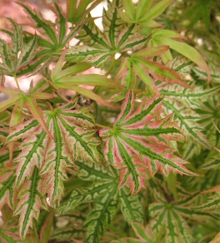



















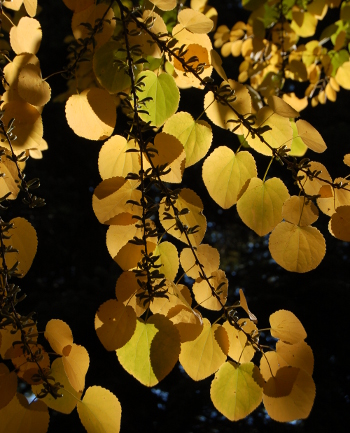

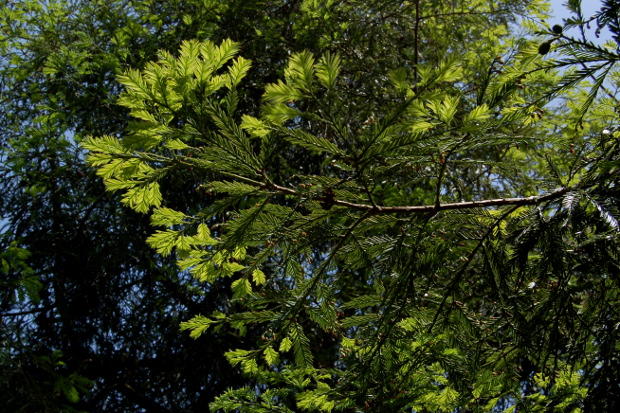

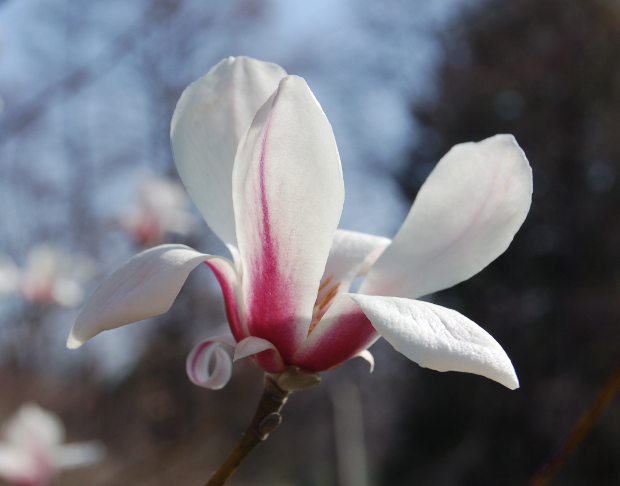
Please let me know what you think. I’d love to hear from you!